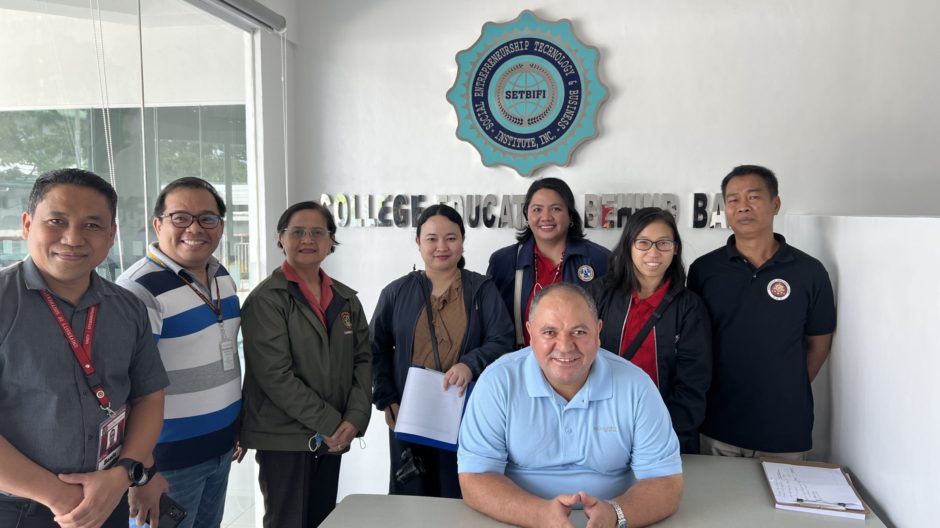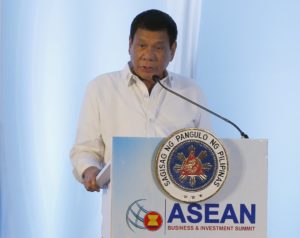
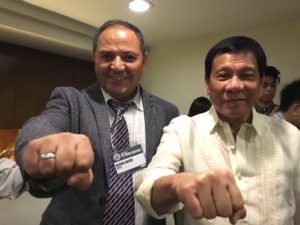
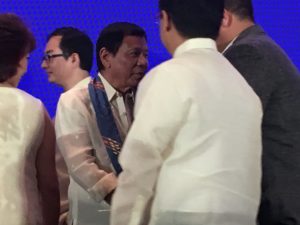
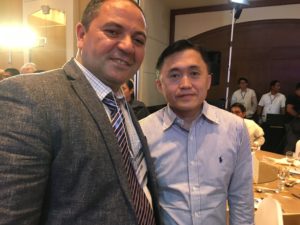 There is no doubt this century will be different from the previous ones. If China plays its card correctly, the Association of Southeast Asian Nations (ASEAN) will be a critical catalyst for China’s future as well as the U.S.’s presence in the Pacific. It is true that China has a territorial dispute with almost all its Asian neighbors, and China’s growth is a big concern for these neighbors. If China does not make some strategic mistake in its dealings with the ASEAN, if is does not sacrifice its long-term interests in favor of short –term objectives and its global interest in favor of regional concerns, then China will gain the trust of its neighbors, and it will help China to rise peacefully in its global economic status. Otherwise, some of its neighbors will continue to doubt China’s intent and will seek security from other countries. There is no doubt that the peaceful rise of China as a world power after the United States is a great achievement.According to some of the studies, in 1980 its share of the global GDP in terms of purchasing power parity was 2 percent –-far less than the 22 percent the United States accounted for. China is now the world ‘s number one trading power and the world biggest exporter of manufactured goods. As such, China’s share has surpassed the United States’ position. However, a great power transition normally causes conflict and competition, like the example of the Middle East. Yet, so far China has emerged peacefully with no major wars breaking out to date.
There is no doubt this century will be different from the previous ones. If China plays its card correctly, the Association of Southeast Asian Nations (ASEAN) will be a critical catalyst for China’s future as well as the U.S.’s presence in the Pacific. It is true that China has a territorial dispute with almost all its Asian neighbors, and China’s growth is a big concern for these neighbors. If China does not make some strategic mistake in its dealings with the ASEAN, if is does not sacrifice its long-term interests in favor of short –term objectives and its global interest in favor of regional concerns, then China will gain the trust of its neighbors, and it will help China to rise peacefully in its global economic status. Otherwise, some of its neighbors will continue to doubt China’s intent and will seek security from other countries. There is no doubt that the peaceful rise of China as a world power after the United States is a great achievement.According to some of the studies, in 1980 its share of the global GDP in terms of purchasing power parity was 2 percent –-far less than the 22 percent the United States accounted for. China is now the world ‘s number one trading power and the world biggest exporter of manufactured goods. As such, China’s share has surpassed the United States’ position. However, a great power transition normally causes conflict and competition, like the example of the Middle East. Yet, so far China has emerged peacefully with no major wars breaking out to date.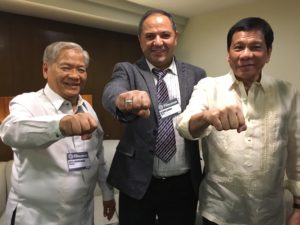
The Chinese have taken wise geopolitical advice to avoid a major conflict or provocation from Japan and other ASEAN neighbors. But, I am not sure if the Chinese will continue to have patience in the face of provocations, such as Donald Trump’s telephone call with the head of Taiwan. Unlike the United States, China is one of the more rational geopolitical actors today. It is not going to be in the Chinese interest to convert any international waterways into an internal lake. That’s why President Duterte has wisely advised Manila to avoid a possible maritime trap that would not only be detrimental to the Philippines’ true national interest, but also would negatively affect many other neighboring countries,
China, like the Philippines under the Duterte administration, should think long term and take steps to de-escalate the tension. If China does not de-escalate the tensions, it will weaken the ASEAN, and it could break up the ASEAN as well. If China continues to undermine the ASEAN’s concerns, it will shoot itself in the foot, since the ASEAN’s exceptional success as a regional organization has had a positive impact on China’s growth. For example, strategic cooperation between China and the ASEAN and the United States’ decision to alter the Vietnams occupation of Cambodia enabled China to open up to the world, the Chinese entry into the World Trade Organization (WTO).
On Sunday, the Philippines officially launched its third time to host the ASEAN Summit meeting; the first time it was held in Manila in 1987, under the Aquino administration and the second in Cebu in 2007, under President Arroyo. No doubt all eyes will be on President Rodrigo Duterte when the country hosts this ASEAN Summit. This is also the ASEAN’s 50th anniversary celebrating its founding. The Philippines is one of its five founding members, along with Singapore, Malaysia, Indonesia, and Thailand.
The President has already announced that the theme for the ASEAN summit for 2017 will be the ASEAN as a model of regionalism and a global player, with the interest of the people at its core. The chairmanship is a great opportunity for President Duterte to priotize his own interests in tackling drugs, security concerns, terrorism, corruption, and disunity among the ASEAN. The summit will afford him the chance to explain further his anti-drug campaign in the wake of international criticism over the alleged human rights abuses. Of course, the U.S is also attending this summit.
The ASEAN leaders were silent on the decisions of the Permanent Court of Arbitration in The Hague in July, rejecting China’s claims on the South China Sea. However, in the past summits ASEAN leaders have expressed their concerns about the South China Sea. In these upcoming summit, I assume leaders of the ASEAN would be silence as well without mentioning this ongoing dispute in the South China Sea. President Duterte has already urged non-interference in promoting regional peace and stability. In the past centuries Western domination of world history has caused a major historical set back, but Asia is waking and returning to center stage.
One of Duterte’s six thematic priorities to be discussed at the ASEAN Summit in 2017 will be the ASEAN as a model of regionalism and a global player. However, many commentators do not understand this because their brains may be trapped by narrow Western worldviews. The people of the West and the United States should accept that we are entering a new historical era in this century.
Donald Trump will take office on Friday, January 20th and President Obama will retire from the White House, and he leaves behind chaos for Donald Trump to deal with. In Syria President Obama has allowed the country to bleed slowly to death. What will be President Trump’s policy? How will Donald Trump develop a new relationship with Russia and China? And what will be the cost of accepting that America is no longer policing the world and creating a new balance of power? Will Donald Trump use Russia against China’s currency manipulation and keep China under control? Since Republicans do not trust Putin, Donald Trump might have some problem with Congress. The problem with Donald Trump’s cooperation with Russia is that he must also accept that Eastern Europe will come under the influence of Russia. I am not sure that America can afford losing its Eastern European friends.
The policy makers around the world are trying to understand how President-Elect Donald Trump envisions Washington’s role in the world. How will Donald Trump deal with the rise of China? Many Americans believe that it is not the moral duty of America to deal with the world’s problems and that it is a waste of money and energy, but will Donald Trump turn the US’s back on the benefits of being a super power? How will he resolve his phone call with the Taiwanese leader Tsai Ing-wen and his newly appointed Secretary of State, Rex Tillerson in his aggressive stance about the South China Sea?
The annual ASEAN meeting is a great way for leaders of major power players to talk to each other regularly. So it is important for China to build trust among the ASEAN countries. China should ask itself how the defense of the nine–dash, China’s policy on the South Sea, helps the long-term interests of China in Southeast Asia. When President Duterte rightly put the problem of the South China Sea on the backburner and put forward the Philippines’ larger interest, when the Chinese leader Deng Xiaoping said that the problem of territorial disputes should be passed to future generations, they were testing the waters of a new relationship. China place will depend on whether China gains the trust of all its neighbors.
Dr. Aland Mizell is President of the MCI and a regular contributor to Mindanao Times. You may email the author at:aland_mizell2@hotmail.com
